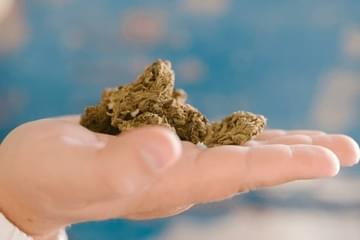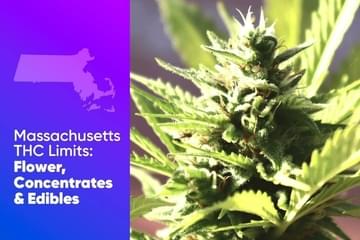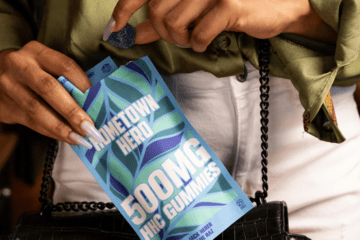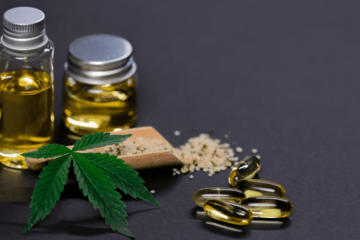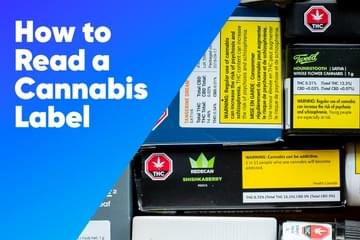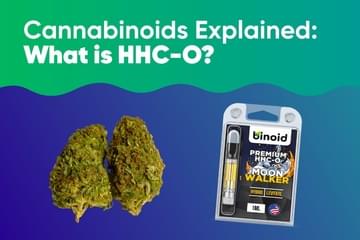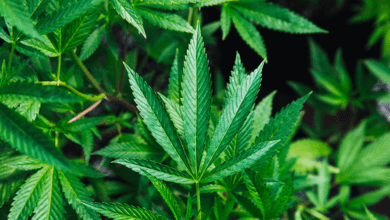
Is Hemp a Good Plastic Alternative?
Published on 12/24/21
One of the most significant environmental problems today is the proliferation of plastic everywhere. Plastic trash is nearly indestructible. Unfortunately, when it does break down, it doesn't biodegrade like natural materials. Instead, it is passed along food chains and poisons any animal that eats it. With plastic particles found almost everywhere on Earth, from the bottom of the sea to the Antarctic ice sheets, alternatives are crucial to minimize the harm to the world's ecosystems. The plastic problem may be greater than the climate problem, perhaps making it the greatest threat to the natural world.
New technology has shed light on the potential of an ancient solution. For centuries hemp was used for rope, clothing, and medicine. Now, it may be able to do new types of work in new ways. Can hemp replace plastic? Just as cannabis expands into new technologies, these also indicate hemp's potential as a future packaging means. It turns out that nearly everything plastic can be made from hemp, meaning that the transition to hemp plastic can be one of the most important steps we can take today. How will the future of hemp vs plastic play out?
Plastic Pains
 Unsplash
UnsplashWe use plastic to such a great degree that we've become somewhat immune to its hazards. Not only is plastic a direct health hazard to humans. Meals subject to plastic absorption, like TV dinners, can cause cancers, but it's also extremely damaging to the ecosystem as well. Research suggests a considerable quantity of plastic is dumped into the world's oceans each day; there's as much plastic in the ocean as five grocery bags laid on every square foot of the world's coastlines. Furthermore, plastic as we know it requires large quantities of petroleum, meaning it is very harmful to the environment on both sides: fossil fuels make plastic, which then affects wildlife.
Reduction and elimination of plastic can take many forms. Some ocean cleanups are trying to get existing plastic out of the ocean, while others are trying to prevent plastic from being dumped into the world's ecosystems by initiatives such as making plastic their currency. Analysis of almost every ecosystem suggests that plastic has infiltrated food chains, potentially putting species at risk of going extinct. While it's important to reduce plastic consumption and recycle, efforts to create new types of plastic substitutes that biodegrade safely have led to the question of whether hemp can replace plastic.
Hemp Chemistry
Hemp as plastic replacement may not be as far-fetched as you think. While raw hemp isn't exactly tough in the same way as standard plastic, it has many of the physical attributes needed for a storage material. Hemp-synthesized plastics are solid and capable of taking the same beating as plastic. Plastic from hemp, more importantly, is biodegradable. While plastic could be engineered to break down, it is hard to do when petroleum is its base.
Hemp checks many boxes for environmental health. First and foremost, it is sustainable: requiring no fossil fuels for production, its only requirements for growth are land, water and fertilizer, meaning it can be entirely organic. Is hemp biodegradable? Yes, much in the same way that any other plant is biodegradable. Hemp can also biodegrade slowly to last longer than other plant-based packaging sources (like pressed banana leaves). Hemp is available in high volume, necessitates less treatment for production, and can even sequester carbon as a mechanism to fight climate change.
The Future of Plastic
 Unsplash
UnsplashThe question of what can hemp replace is fairly extensive; hemp proponents argue that plastic used for industrial purposes ranging from biofuel to foodstuffs can easily replace plastic with hemp. It is also easier to recycle than plastic, which is especially valuable because only about 10% of plastic is recycled. Hemp plastic producers suggest that anywhere from 25% to 100% of industrial plastic can be replaced with hemp substitute plastic.
However, economic and legal headwinds must be overcome before hemp plastic can replace petroleum plastic. For starters, oil prices may have to rise past the breaking point before it becomes financially viable, given the low cost of petroleum plastic and the vast amount of plastic infrastructure we have currently. Additionally, hemp legalization is necessary on a large scale before mass production provides enough raw materials for global use. Finally, plastic taxes might encourage more recycling and less fresh manufacturing, with tariffs on green initiatives like hemp farming, processing, production and distribution.
Do you like to use any alternatives to normal products like plastic? Do you take part in any other environmental initiatives? Let us know in the comments below!











